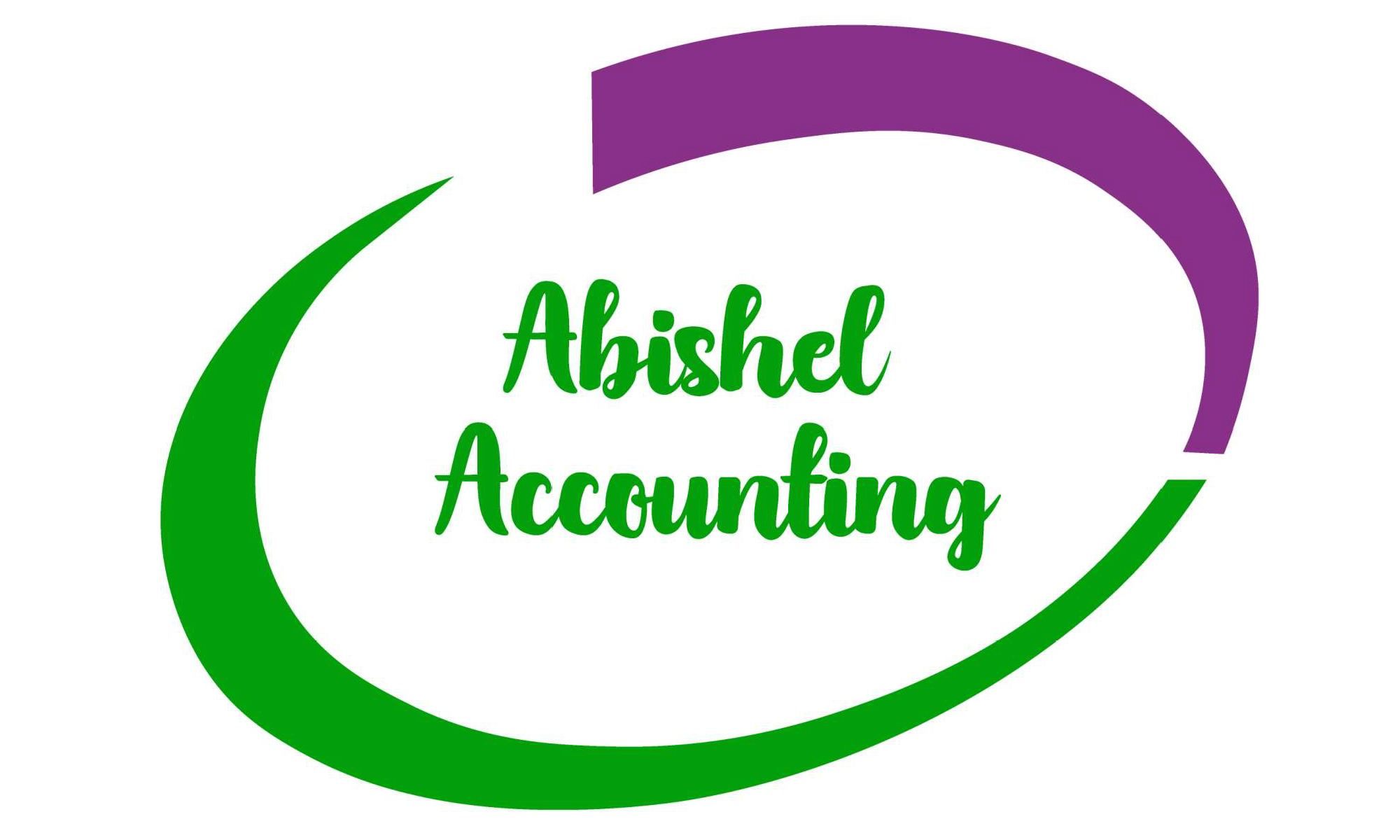How can Pension contributions be a tax saving on my self-assessment?
Pension contributions can be a tax-saving on your self-assessment tax return because they qualify for tax relief.
When you make a contribution to a registered pension scheme, you receive tax relief on that contribution at your highest marginal tax rate. For example, if you’re a basic-rate taxpayer, your pension contribution will be topped up by 20% through tax relief. This means that for every £1 you contribute, you receive an additional 20p from the government in the form of tax relief.
If you’re a higher-rate taxpayer, you can claim further tax relief on your pension contributions through your self-assessment tax return. This means that for every £1 you contribute to your pension, you can reduce your taxable income by £2. So, if you contribute £10,000 to your pension in a tax year and you’re a higher-rate taxpayer, you can reduce your taxable income by £20,000, resulting in a tax saving of £4,000.
It’s worth noting that there are limits on the amount of pension contributions you can make and still receive tax relief. The annual allowance for pension contributions is currently £40,000 or 100% of your earnings (whichever is lower). There is also a tapered annual allowance for high earners, which reduces the annual allowance for pension contributions if your income is over £240,000.
In summary, pension contributions can be a tax-saving on your self-assessment tax return because they qualify for tax relief, which can reduce your taxable income and ultimately lower the amount of tax you have to pay. If you’re unsure about the tax implications of your pension contributions, you may want to seek advice from an accountant or tax adviser.





